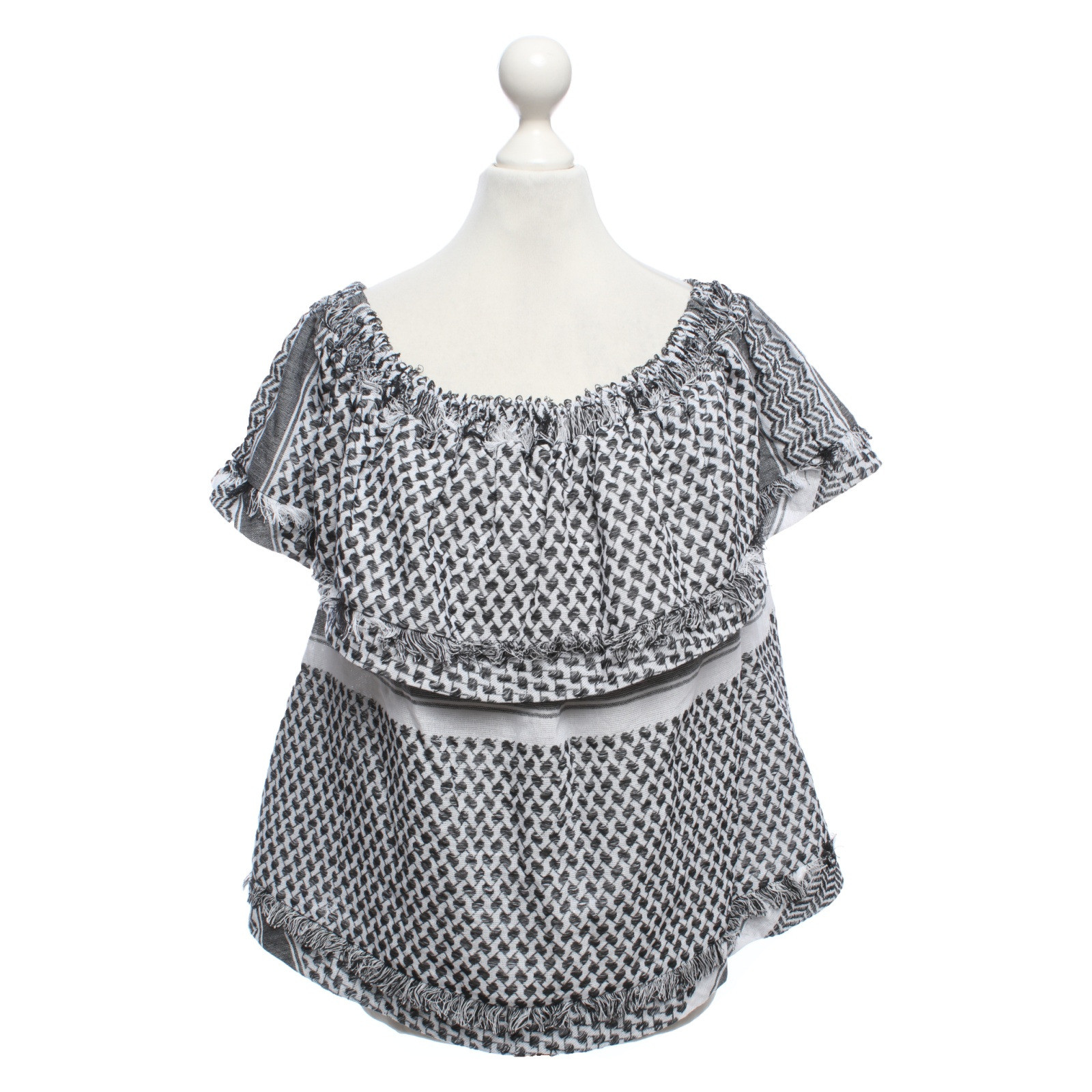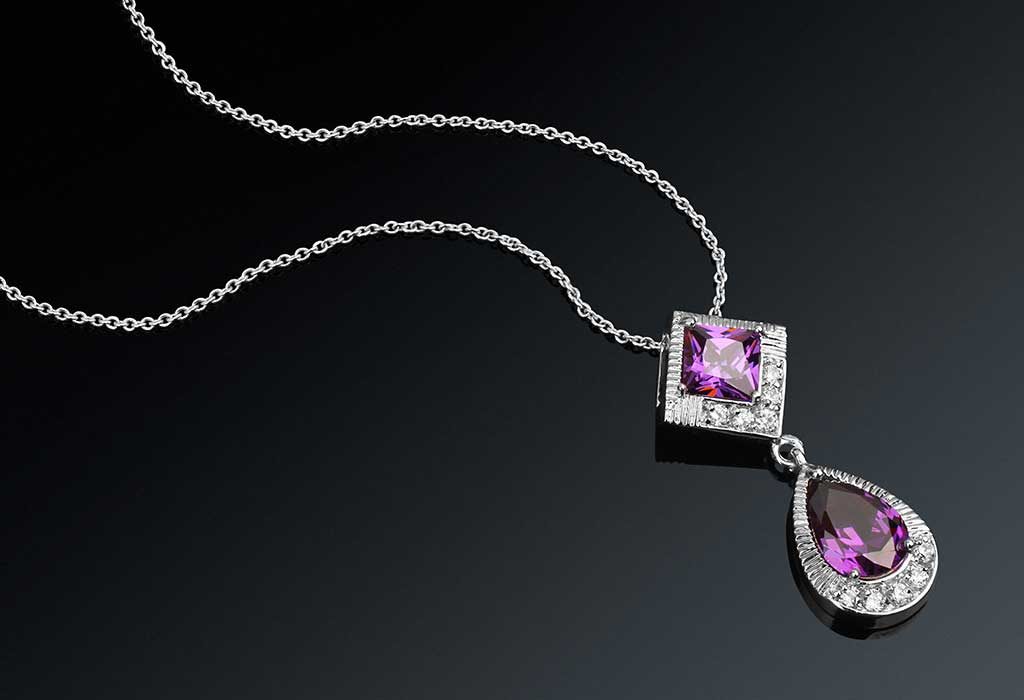Lifestyle changes may battle dementia that strikes individuals in their 40s50s

Frontotemporal dementia strikes early, typically during the 50s, once in a while as youthful as age 45In contrast to Alzheimer’s, it doesn’t influence memory, rather than attacking the parts of the brain which control thinking, reasoningfeeling
The first symptom is likely to lost interest foreverthe well-being of othersAn individual may overlook their spouse or kids’ feelings, get uncharacteristically frustratedsay or do improper things -, for example, laugh at a funeral
Much more dreadful, they’ll likely have no clue they have changed
“It’s a pretty devastating disease that impacts people in the prime of their lives,” said neurologist Kaitlin Casaletto, an assistant professor in the MemoryAging Center at the University of California, San Francisco“It’s especially hard on family members who can see the changes in their loved one they often can’t see.”
Science has attempted to give interventions to support these patientsPresently, a new investigation published Wednesday recommends that lifestyle changes may help moderate the disease progression
Casalettoher colleagues followed the activity levels of 105 individuals with the acquired type of the disease, the first study to do as such right nowThey discovered individuals who positioned highest in levels of mentalphysical action eased back their functional decay from the disease by half
“This is an extremely important study providing the strongest evidence yet that lifestyle factors can positively impact brain health, not only for Alzheimer’s disease but frontotemporal lobar dementia as well,” said neurologist DrRichard Isaacson, director of the Alzheimer’s Prevention Clinic at Weill Cornell Medicine.
“The study is even more impactful in that patients had a gene that would cause dementia, but they were still able to impact cognitive decline by over 55%,” Isaacson said.
“It was a remarkable effect to see so early on,” Casaletto said“If this were a drug, we would be giving it to all of our patients.”






